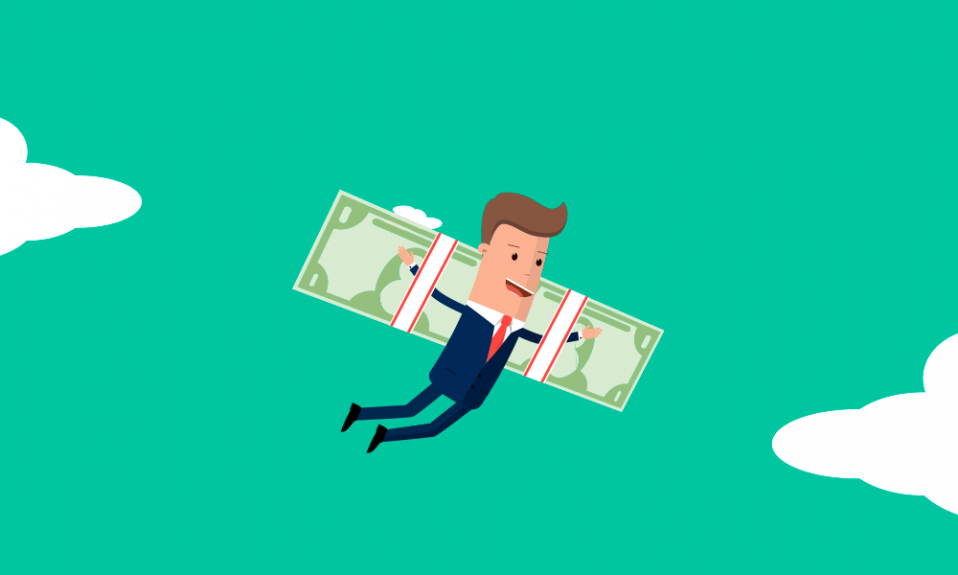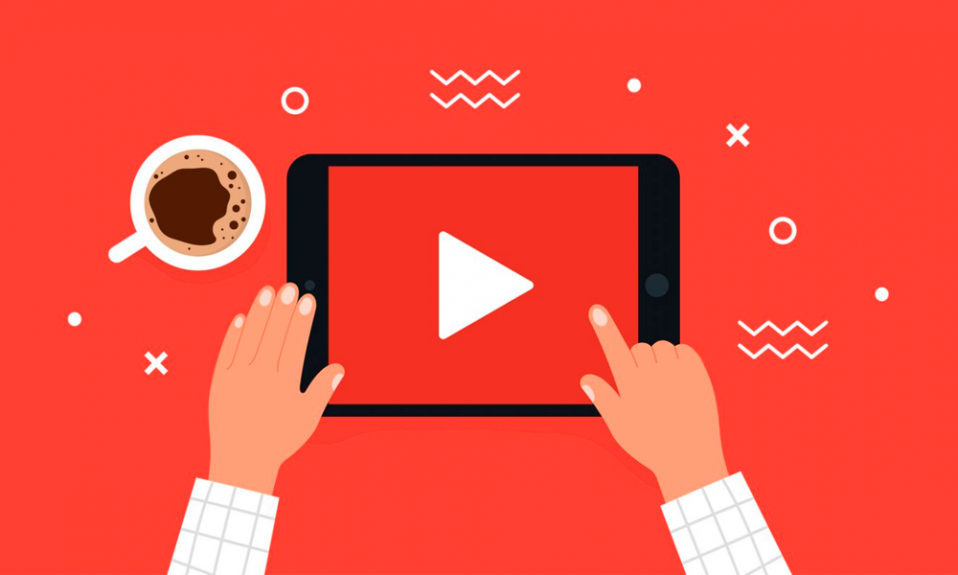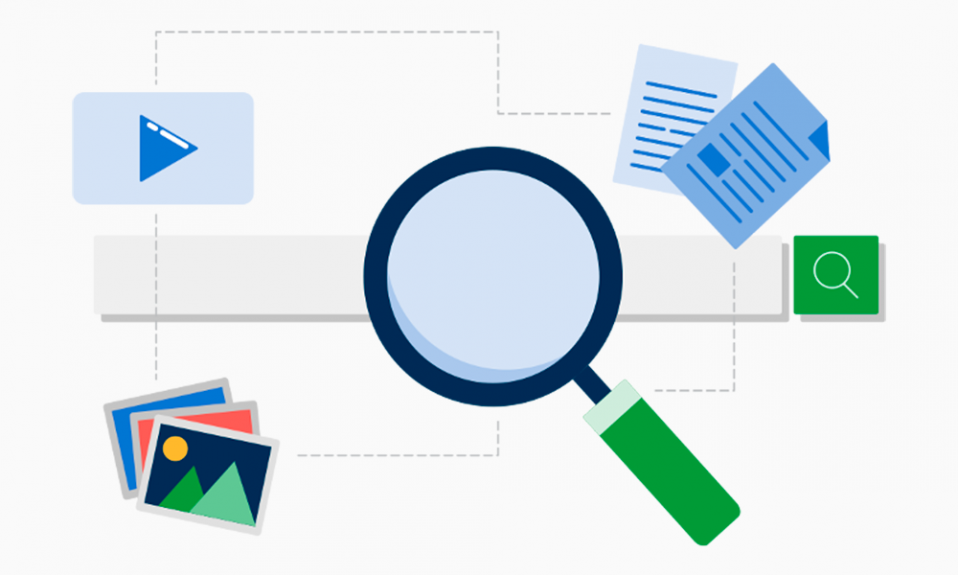Financial freedom. This sounds like a good idea. It’s achievable for everyone. It’s possible for anyone, even someone with student loan debts in excess of tens of thousands. There’s always a way back, no matter how difficult your financial situation is. Perhaps trying a budgeting app is your first step.
This article will discuss the importance of financial freedom. It will also share some financial freedom tips that have worked for me.
Table of Contents
What is Financial Freedom?
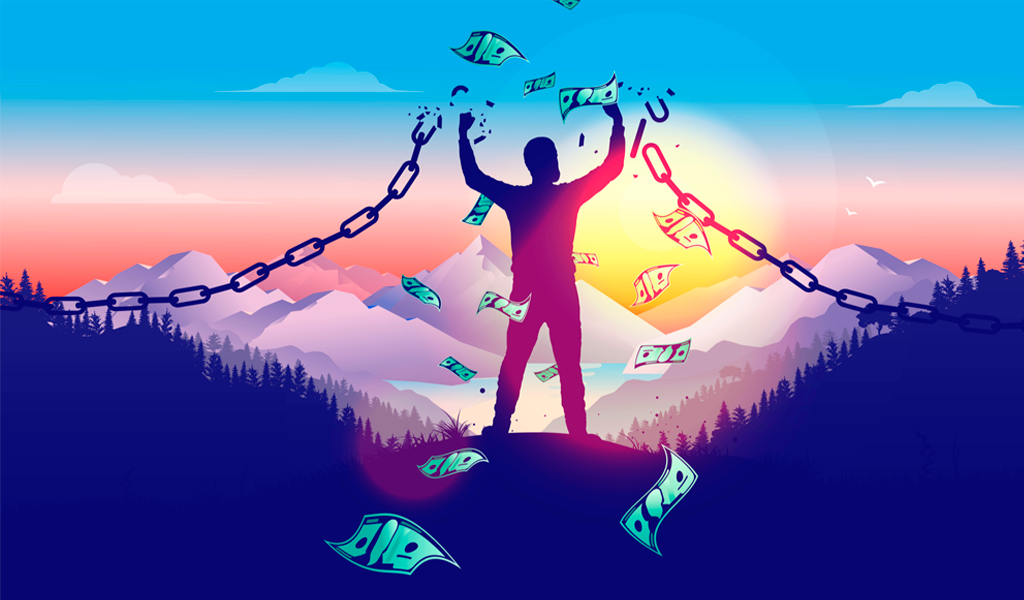
Financial freedom means living on your terms. Financial freedom is when you have complete control over your finances. You don’t worry about paying your bills or feeling the burden of debt.
Financial freedom also focuses on your long-term future by investing in the stock market, investing in your knowledge, and building an emergency savings fund for unexpected expenses.
“Financial freedom can be achieved by those who are educated about it and put in the work to attain it.”
Robert Kiyosaki
Financial freedom can be achieved when:
- You decide how you want to live.
- You are in control of your own life
- You can take control of your finances
It’s not an easy path. You’ll face bumps along the way. But once you achieve financial freedom, it will be worth it.
11 Steps to Financial Freedom
The 11 steps have helped me achieve financial freedom and the life I desire.
Let’s take a look at the steps below.
1. Understanding where you are
Without knowing where you are starting from, financial freedom is impossible. It can be depressing to see how much debt you have and how little savings you have. This is an important step in the right direction.
Make a list of all your debts, including student loans, mortgages, car loans, credit cards, and other debts. Include any money that you have borrowed from family or friends over the years.

Now, take a deep breath. Another one. Add all of the numbers together.
What amount of debt are you carrying?
Don’t panic if it’s a large number. I promise to share some ways I can help you lower that amount in the article. Congratulations if it is a small amount. Please share your financial freedom secrets in the comments section.
Next, look at how much money you have saved.
Make a list of all your savings, including stocks, retirement-matching plans, stock-matching programs, retirement plans, and stocks. Next, we will add the recurring monthly payment you receive like salary, side hustle, and so forth.
These numbers will be helpful as you work through the next few financial freedom tips.
2. Write down your goals

Once you’ve gotten a picture of your financial situation, you can start to plan what you want.
“The only thing that stands between you and your goal, is the false story that you tell yourself about why you can’t.”
Jordan Belfort
These are some questions that you might want to ask:
- Are you looking to get out of your 9-5?
- What do you see for your future lifestyle?
- What are you looking to do with your money?
- Are you looking to save money for major expenses?
- When do you want to achieve your financial goals?
It is powerful to write down your goals in order to make your dreams come true.
The ink never fades.
Statistics show that your chances of reaching your goals are 42% higher.
3. Take a positive view of money

It can be quite discouraging to have to deal with debt.
Remember that money can be a blessing, even though it may seem like a heavy burden at the moment.
You deserve to achieve financial freedom.
According to You Are a Badass at Making Money by Jen Sincero, people who don’t make a lot of money often feel shame when it comes to making money. And so the biggest obstacle that many people experience when it comes to making money is that they feel like having money is bad. Many people feel guilty about having it, and even more guilty for wanting it. Sincero has said about money, “We use it every day to enhance our lives, yet we always seem to focus on the negative about it.”
Money is just like water or food. It allows you to buy the things that you need and lead the life you desire.
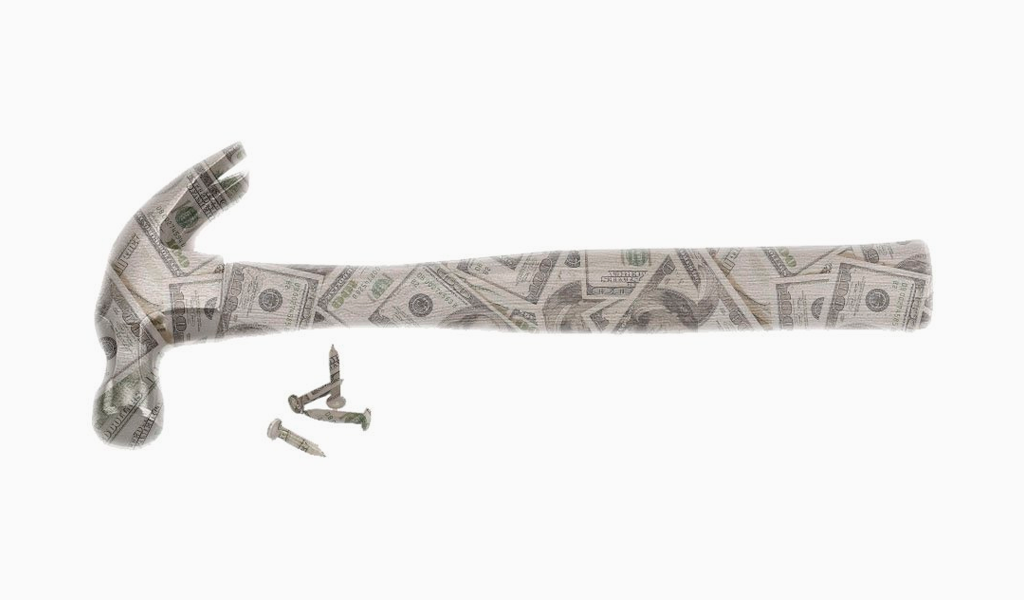
Financial freedom is possible if you view money as a tool that can help you reach your goals, fuel your energy, or allow you to live a stress-free lifestyle.
Negative views of money can subconsciously hinder your chances of making and keeping it.
4. Pay Yourself First
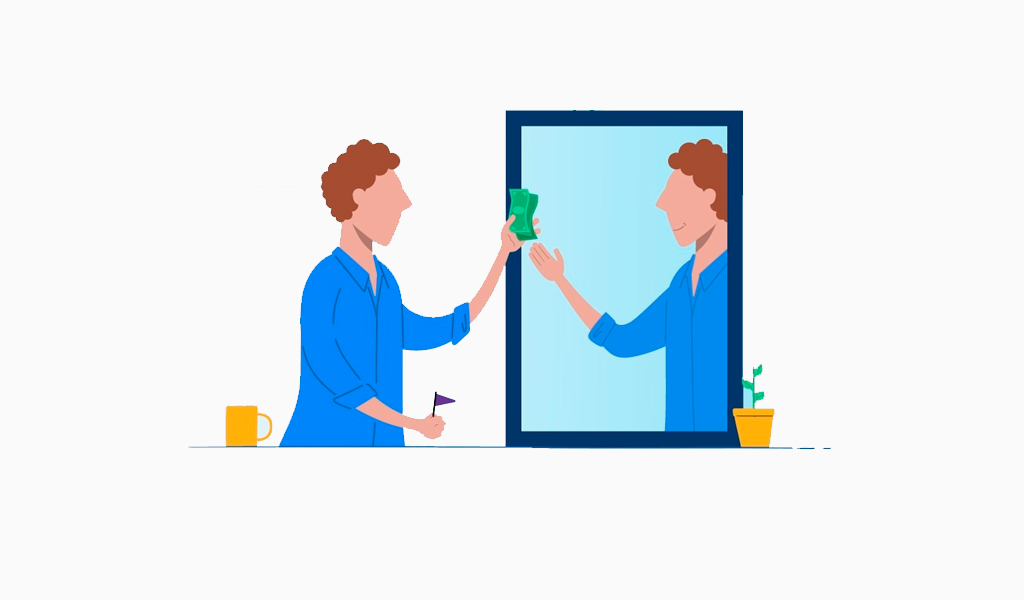
Most people have heard the phrase “pay yourself first”. If you don’t know what “pay yourself first” is, it means putting a certain amount of money into your savings account before you pay any other bills. Many people have made financial freedom a reality by paying themselves first.
Why?
You need to make sure you pay $1,000 each pay period. Then, any money left must go to bills. If you don’t have enough money to pay those bills, you will need to find a side income.
You can ensure that you are always investing in yourself by paying yourself first. You will only receive what you pay yourself first, which is usually not enough to allow you financial freedom.
There are other ways to pay yourself first. If your company offers a retirement savings plan, you may be able to request money to be withdrawn for your retirement. This way, you can invest in yourself and your future. This money is taken from your paycheck so that any money left can be used to pay your bills or for other expenses.
5. Create an Emergency Fund
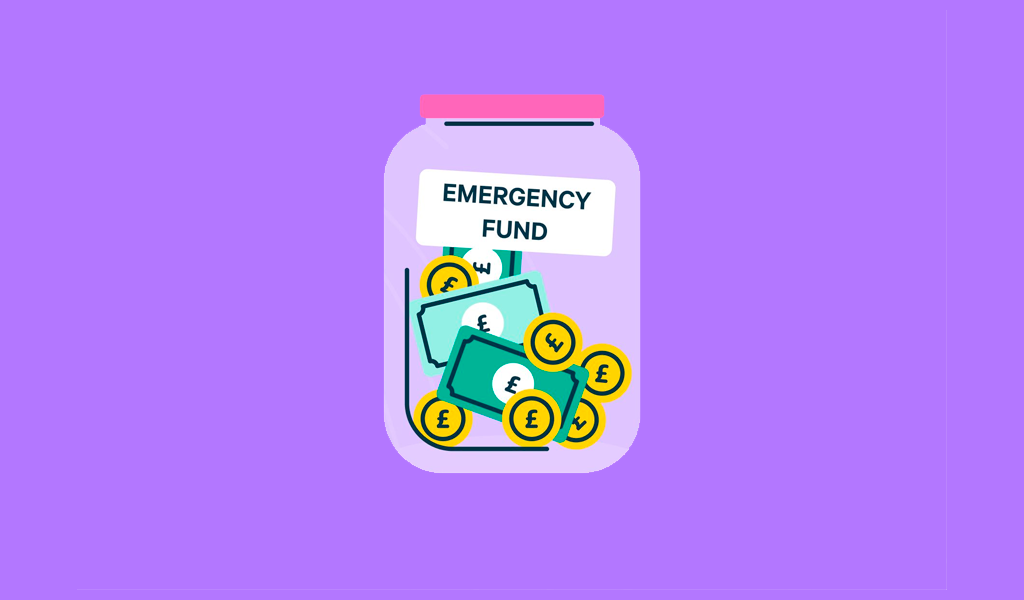
Particularly since millions lost their jobs in the pandemic, it is not something you want to worry about every night.
One proven method to help you prepare for any type of emergency – and move one step closer to financial freedom – is building an emergency savings fund.
A savings account for an emergency fund should be able to hold cash equivalent to 3 to 6 months of your daily living expenses.
If it costs you $2,000 per month to live, you need to ensure that you have $6,000 (3 months’ worth of living expenses), and $12,000 (6 monthly living expenses) in cash savings.
What if your emergency savings account balance drops and you have to pay an unexpected expense?
It is a priority for you to restore your emergency savings account to its original state.
6. Spend Less
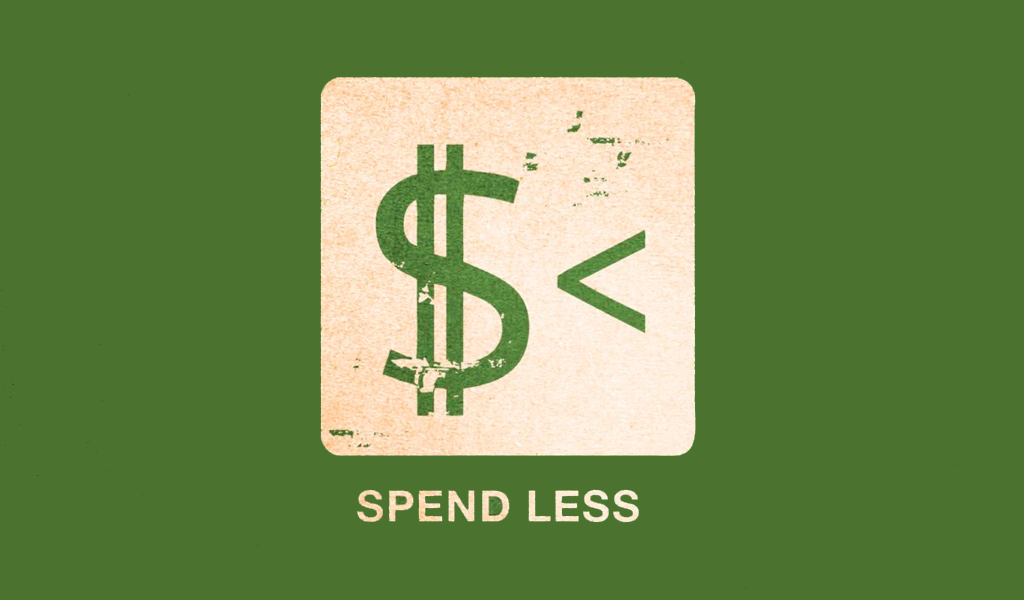
In 1958, Warren Buffett purchased a five-bedroom home for $31,500 and hasn’t moved out of it since. His net worth? A staggering $90.3 billion. He can afford a larger and more luxurious home. His thriftiness may be what makes him one of the most wealthy people in the world.
Kanye West isn’t afraid of flaunting his wealth. He lives in a $20 million mansion. And at one point, with $53 million of debt, he decided to ask Mark Zuckerberg for $1 billion… on Twitter.
What is the difference between these two extremely successful gentlemen? Buffet never spent more than he had to and West doesn’t spend money he doesn’t have.
Many rich people don’t look like wealthy people. Zuckerberg wears the exact same boring jeans and t-shirt every day.
You can get richer by buying less stuff.
Two things work in your favor when you spend less. You’ll be able to save more money for your financial freedom. You’ll also discover that you really don’t need as much stuff to live, which will help you save more money.
This brings us to our next point.
7. Invest at least 20%
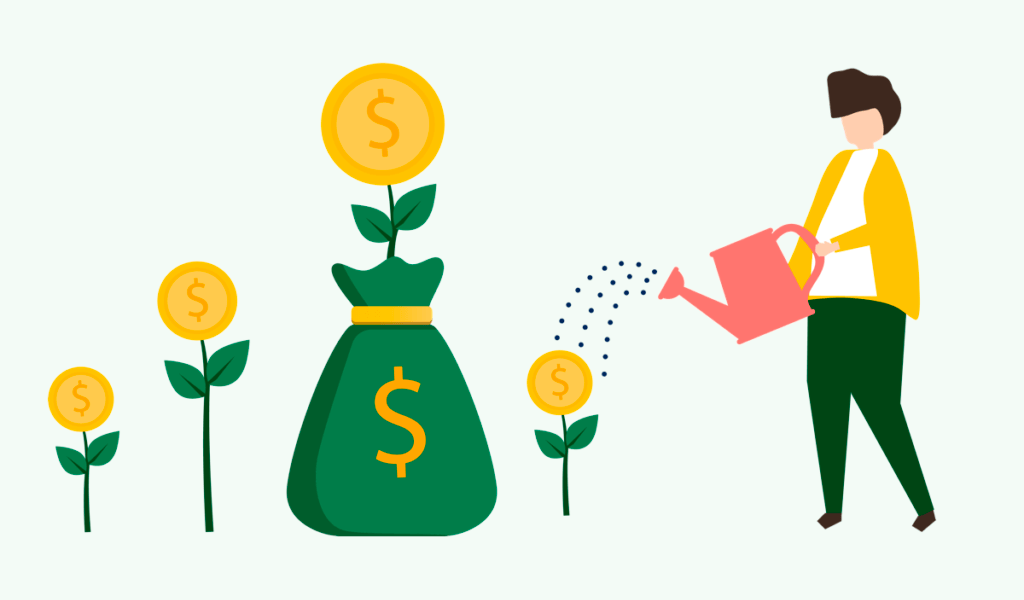
Most people will say to invest around 10% of your gross (your total) income.
My recommendation to aim to save 20% of your gross income or more is because financial freedom can be achieved if you are serious about your goals.
“If you want your average to rise, you must do more than the average person.”
Let’s be real, Americans save less than 5% each year.
You need to do more than the average American if you want to achieve financial freedom.
Here is my personal net savings rate for 2023: 70%
This means that I can save 70% of my annual income and invest the rest.
8. You should buy experiences, not things

It’s too short. It is not about hoarding your money until you reach 65. It’s okay to live your life as it is.
The experiences that you have will make your life more fulfilling, not what products you own.
Are the things that you buy making your life easier in the long term? Is it worth the debt that comes with buying so many things?
Let’s now flip the switch.
Which is your most happy memory? What did you do? What were you doing?
Let’s make more memories like this.
Perhaps you have a friend who loves working out. Invite her to join you for a free workout to a YouTube playlist.
It’s date night. It should be memorable. Find a cool activity you’ve never done before on Groupon for a fraction of the price.
You have always wanted to travel to Rome. You have been saving money for the year so you can go on your dream vacation. You can go on your vacation guilt-free. It wasn’t something you owed, it was something you earned. Or you can become a digital nomad and travel the world while working abroad.
9. Pay off your debt

Many people will tell that it is better to invest in stocks than to pay off debt. Maybe that’s true if you are an expert stock picker. However, if you have never before invested in stocks, you might end up with more debt.
Many people feel the exact same after paying off their last debt.
You can’t call yourself financially free if you have $50,000 in debt. There is still $20,000 left in the hole.
Although paying someone else may not be as glamorous as money in the bank it can bring you closer to financial freedom.
Two main ways to pay off debt are snowball and avalanche. When you pay off the smallest debt first, snowball is it. Avalanche refers to when you pay off the highest interest debt.
It is up to you to choose what works for you. When I worked towards debt-free, the snowball effect was a great option. This helped me stay motivated. The feeling of accomplishment after I had paid off my first debt, a $1,200 credit card bill, within a month helped me get motivated to tackle another, larger student loan.
Credit cards weren’t an issue so I paid three times the $300 minimum payment. It took me three years to pay off my student loans, instead of the nine I was given.
You can lift a lot of weight by paying off large debts. You will see your bank balance rise after paying off your debt. It’s an amazing feeling to see the amount grow, even if it was falling at the beginning. This keeps you motivated and energized to keep growing it.
10. Add additional sources of income

You’re probably thinking now, “My debt is much more than my salary. How can I pay it off?
Financial freedom is possible only if you are willing to give up some of your blood, sweat, or tears.
It might not be enough to make ends meet with your 9-5 job. You might need to look outside of your job for income.
Some experts recommend having seven streams of income. Congratulations if you already have a 9-5 job. There are six more!
You can now look at your income sources in one of two ways: passive income (money that comes in even when you’re asleep) or active income (trading money for money).
You can’t trade your time for money if you don’t work enough hours. These are some side jobs that can help you earn an active income.
- Become a freelance writer finding jobs on ProBlogger
- Help a business owner as a virtual assistant with jobs on Upwork
- Acquire new skills via online courses for entrepreneurs and monetize
- Become an Uber driver
- Help with household tasks on Task Rabbit
- Pick up the odd, ocassional job on Craigslist
- Plus! Build your business
You can increase your income streams by focusing on passive income streams if you don’t have the time.
- Starting a dropshipping online store
- Shopify allows you to start your own custom clothing company
- Sell profitable content (blog, ebooks, courses, webinars, audiobooks, podcast, apps)
- Become an affiliate marketer
- Rent out properties you own and buy them
- Invest in stocks
Your seven streams of income may all be from the same source. For example, if you’re an eCommerce expert, your streams of income can come from creating seven different stores. You don’t have to start with seven streams; you can increase your income over time.
11. Stay healthy

Yes, it is important to work hard and plan for your financial future in order to achieve financial freedom.
However, it is not possible to sacrifice your physical and mental health.
“You can’t enjoy your wealth if it isn’t in good health.”
You should take vacation days if you are working in a 9-to-5 job.
To make sure that I was more focused and current, I used to take mental days off.
Exercise is important every day.
76% of millionaires actually exercise at least 30 minutes each day.
Conclusion
Financial freedom allows you to take control of your finances, and more importantly, your entire life. Financial freedom is about living within your means and being frugal. It also involves making sure you only spend money on the things you need, such as food, shelter, and vacations. (Relaxation is also important). You’ll be closer to financial freedom if you follow the financial freedom tips provided in this article. Take a good look at your finances and start building income streams. You’ll soon be debt-free.

SEO specialist, link builder, and blog editor at Turbologo. Writing insightful content about marketing, design, and branding. Sharing practical tips on building and promoting brands online.

